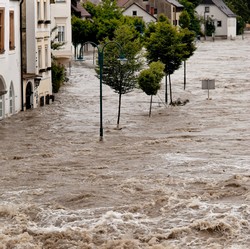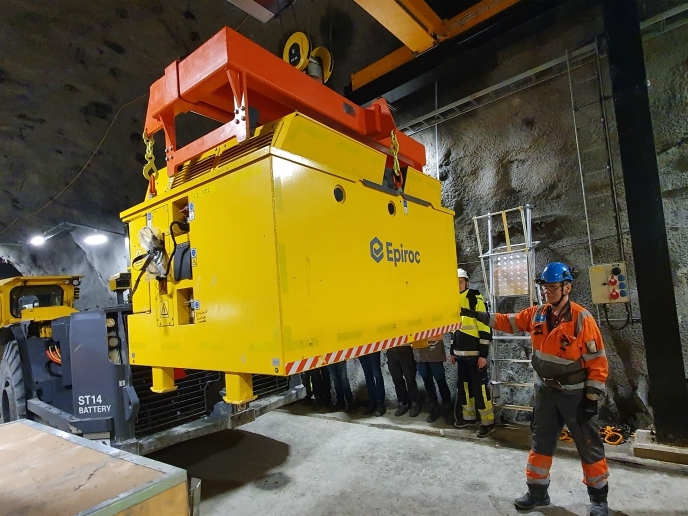High-tech crisis preparedness and response
In crisis management, being able to understand how a disaster is unfolding and the impact of various decisions and actions can mean the difference between life and death. Typically, complex large-scale crisis scenarios exceed local resources and require multi-organisational and multi-national cooperation including humanitarian aid. With this in mind, the EU-funded CRISMA (Modelling crisis management for improved action and preparedness) project designed an integrated planning and decision support toolset that enables simulation and modelling of large-scale man-made and natural disasters. The toolset also helps determine the effects of decision-making on alternative preparedness and response measures. To achieve its aims, the project team identified end-user needs in addition to investigating existing tools and models. This facilitated the analysis of technical requirements and resulted in advanced technical development. CRISMA developed a generic software framework to replace creating individual crisis management solutions from zero. The new framework offers a variety of software modules and features that can work in tandem to offer simulation applications for different kinds of crises. The solution provides crisis managers and decision-makers the ability to gain a more comprehensive idea of possible crisis scenarios and raise their awareness to different outcomes, increasing their preparedness and response. An important benefit of the framework is that it can improve communication among different organisations, stakeholders and the public, thanks to its scenario comparison and visualisation tools. Overall these modelling and simulation technologies enable users to understand the effects of their decisions on the development and final outcome of both real and simulated crisis incidents. Domino and multi-risk effects were also considered. After thorough testing in five pilot sites, the project team proved that the software and its decision support features are very effective in achieving their aims for different crisis situations. CRISMA successfully provided public and private crisis managers and decision-makers with the technology to prepare for disasters, identify the most effective measures at their disposal, and deduce expected impact.







